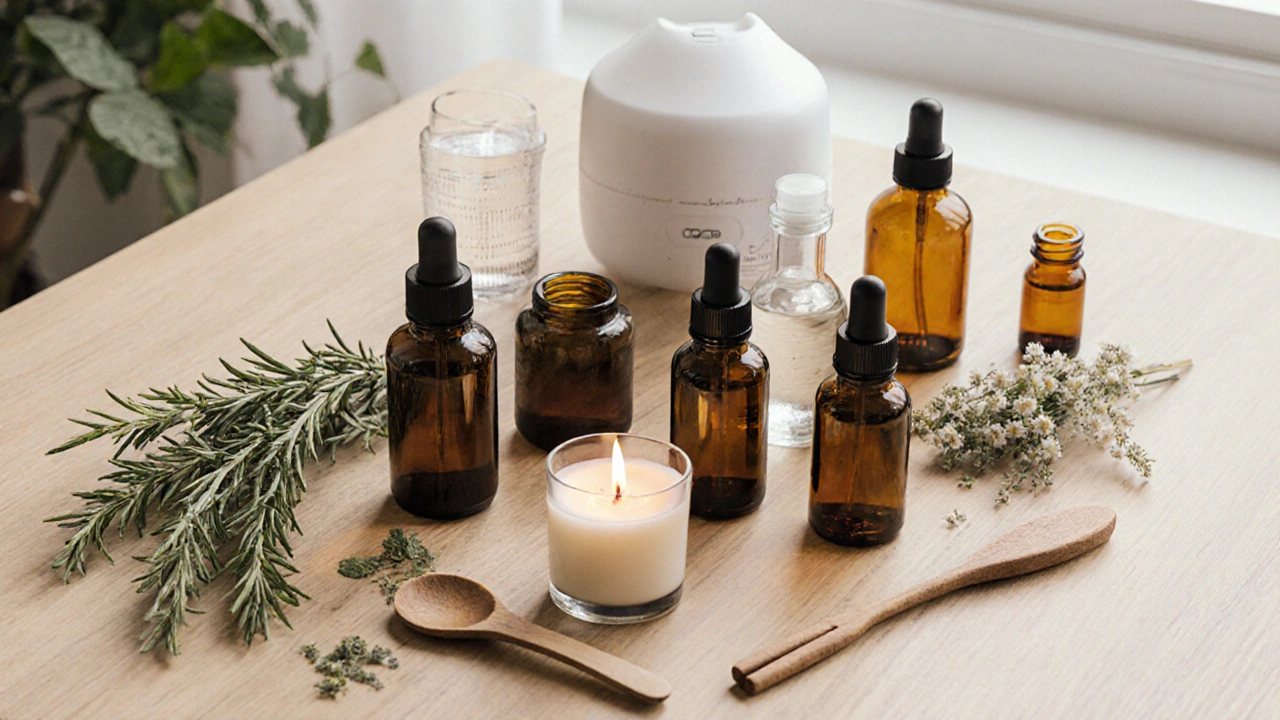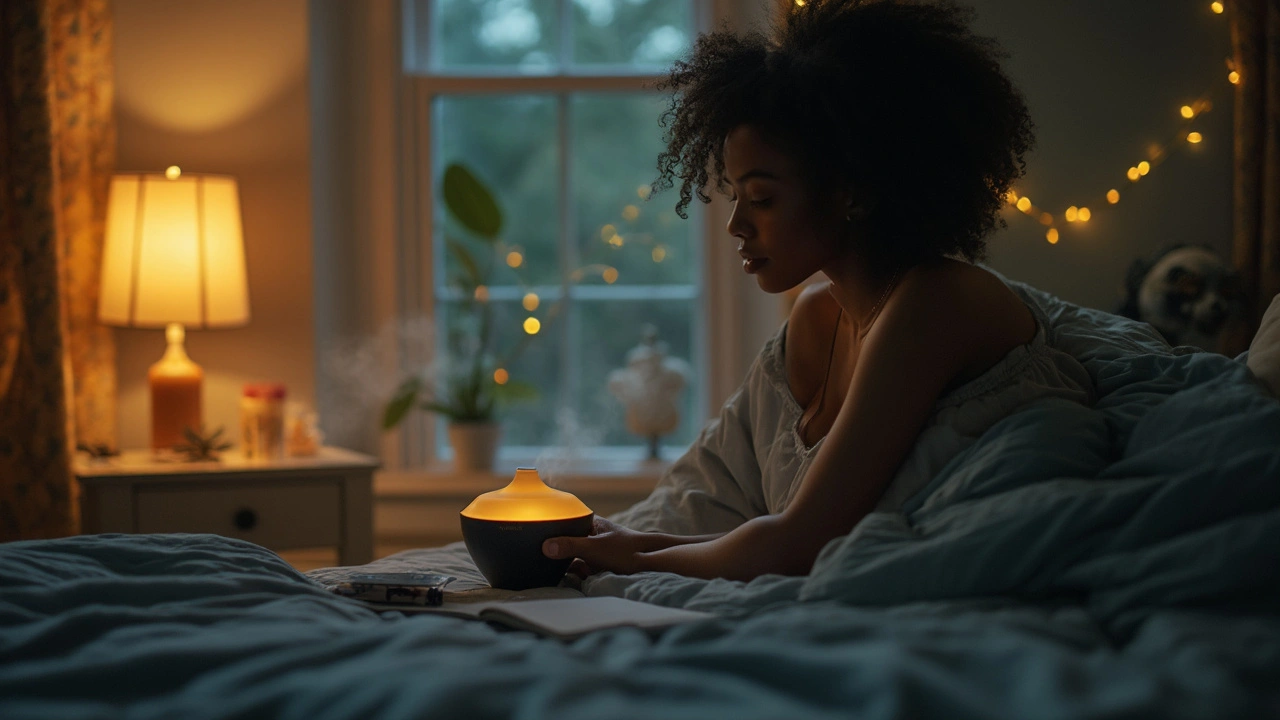Aromatherapy Safety: How to Use Essential Oils Without Risk
Essential oils smell great, but they can cause irritation or worse if you don’t handle them right. This guide gives you the basics you need to keep your aromatherapy practice safe and effective. No jargon, just clear steps you can start using today.
Choose Quality Oils and Trusted Brands
The first safety check is the oil itself. Look for 100% pure, therapeutic‑grade oils that list the botanical name on the label. Cheap blends often contain synthetic fragrances or carrier oils that can trigger allergies. If a bottle smells off or has added colors, skip it.
Dilution, Application & When to Avoid
Never put undiluted oil straight on skin. A good rule of thumb is 1% dilution for everyday use—about one drop of essential oil per teaspoon (5 ml) of carrier oil like jojoba or sweet almond. For kids, the elderly, or sensitive skin, lower it to 0.5% or less. Always do a patch test: apply a tiny dab on your forearm, wait 24 hours, and watch for redness or itching.
When diffusing, follow the manufacturer’s timer and keep the room well‑ventilated. Most diffusers work best with 3–5 drops in a 100 ml water tank; more isn’t stronger, it’s just wasteful and can overwhelm your lungs. Avoid diffusing for longer than an hour at a time, especially if anyone has asthma or respiratory issues.
Pets are sensitive to many oils, especially cats. Keep the diffuser away from their sleeping areas and never use oil directly on animals unless a veterinarian explicitly approves it. Common pet‑toxic oils include tea tree, wintergreen, and eucalyptus.
Storage Tips to Preserve Safety
Store oils in dark glass bottles away from sunlight and heat. Light and heat break down the chemical makeup, turning a safe oil into an irritant. Tighten caps after each use to prevent oxidation.
If you notice a change in scent, color, or texture, discard the oil. Spoiled oil can cause skin reactions even if it was fine before.
Special Situations: Pregnancy and Medical Conditions
Pregnant women should avoid certain oils like clary sage, rosemary, and jasmine because they can affect hormone levels. Always check with a healthcare provider before starting any new aromatherapy routine if you have medical conditions or are on medication.
People with epilepsy, high blood pressure, or severe allergies should also consult a professional. In many cases, low‑dose diffusion is safe, but it’s better to get personalized advice.
Quick Safety Checklist
- Buy 100% pure, therapeutic‑grade oils with botanical names.
- Dilute: 1 % for adults, 0.5 % or less for kids/elderly.
- Patch test before full use.
- Diffuse in a ventilated space, max 60 minutes.
- Keep oils out of reach of pets and children.
- Store dark, cool, sealed.
- Check with a professional if pregnant or have health issues.
Follow these steps and you’ll get the calming benefits of aromatherapy without the headaches. Safe scents lead to happy minds—enjoy responsibly!"


